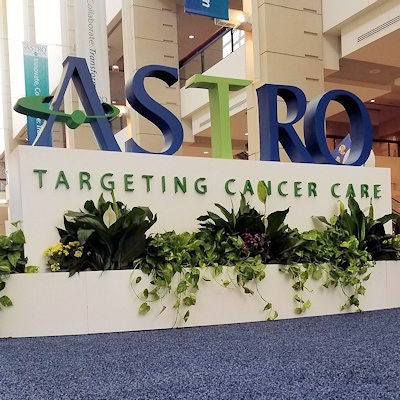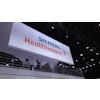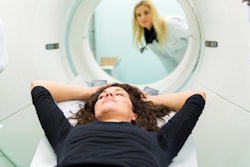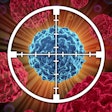
Patients with non-Hodgkin's lymphoma who received radiation 30 days or less before chimeric antigen receptor T-cell therapy (CAR T) have a lower risk of side effects from the treatment, according to a study presented this week at the American Society for Radiation Oncology (ASTRO) annual meeting in Chicago.
Researchers from the University of Pennsylvania (UPenn) found that patients with non-Hodgkin's lymphoma were more likely to avoid serious cytokine release syndrome or neurotoxicity, both of which are common side effects of the gene therapy.
"Our findings suggest that not only does radiation not interfere with the efficacy of CAR T, it may even carry a benefit for [non-Hodgkin's lymphoma] patients," noted senior author Dr. John Plastaras, PhD, an associate professor of radiation oncology at UPenn, in a university statement.
Chimeric antigen receptor T-cell therapy is a personalized cellular therapy designed to treat cancer by modifying patients' immune T cells, which are collected and reprogrammed to seek and destroy cancer cells.
These CAR-expressing T cells are infused into non-Hodgkin's lymphoma patients so they can target and attack cells that express a protein called CD19. Previous research has found that this group of cells can multiply to more than 10,000 new cells for each engineered cell a patient receives, which, in turn, produces high remission rates. The cells can also survive in the body for years.
For this study, Plastaras and colleagues evaluated the medical records of 31 patients who underwent CAR T therapy. The cohort then was divided into three groups:
- One group received radiation after their cells were collected for CAR T manufacturing but before their infusion for a period of 30 days or less.
- The second group received radiation at some point during their cancer treatment but not specifically as a bridging therapy before CAR T infusion.
- The third group received no radiation therapy at all.
The researchers found that none of the five patients in the first group experienced any significant (grade 3 or higher) side effects, such as neurotoxicity or cytokine release syndrome. Of the seven patients in the second group, only one person had a grade 3 or higher syndrome. Finally, among the 19 patients who did not receive any radiotherapy, there were five cases of grade 3 or higher cytokine release syndrome. In addition, radiation status was not associated with a decrease in overall survival or progression-free survival.
The researchers currently are working on a model designed to take these results to help predict CAR T toxicities, specifically relying on data from PET scans and other variables, in a future prospective clinical trial.



















